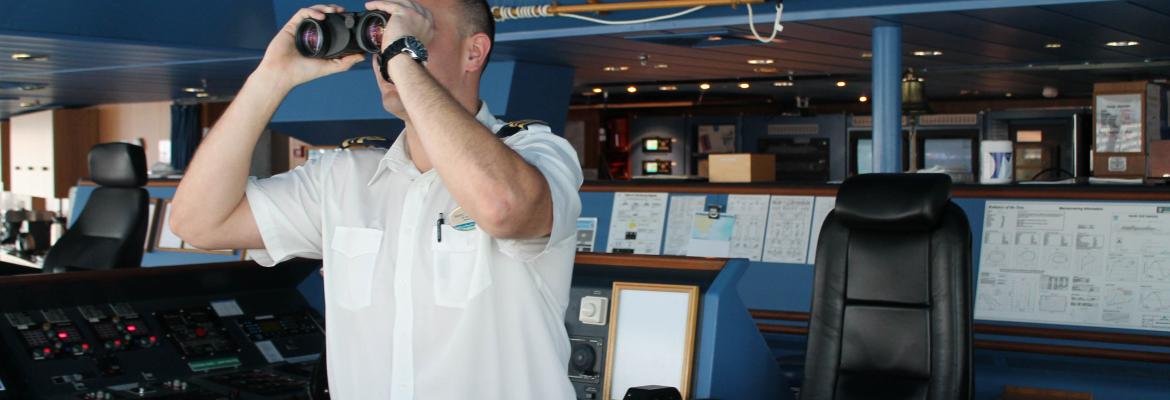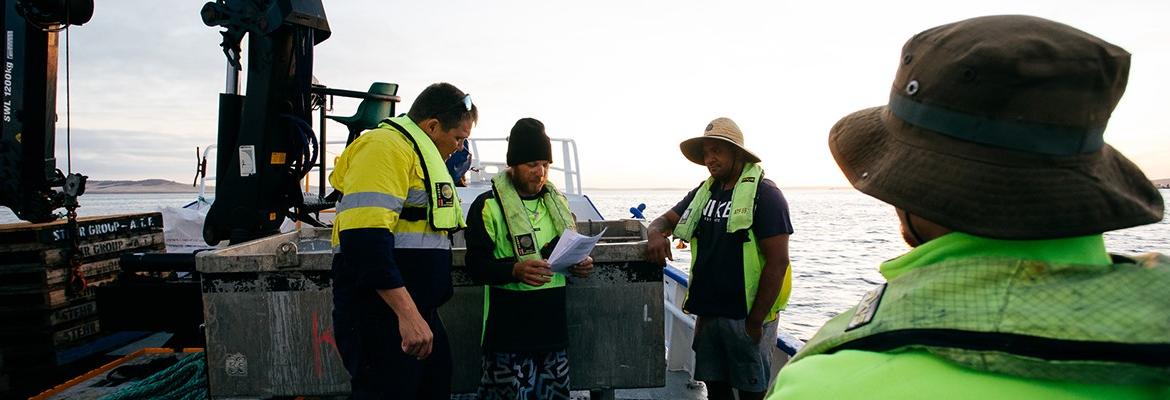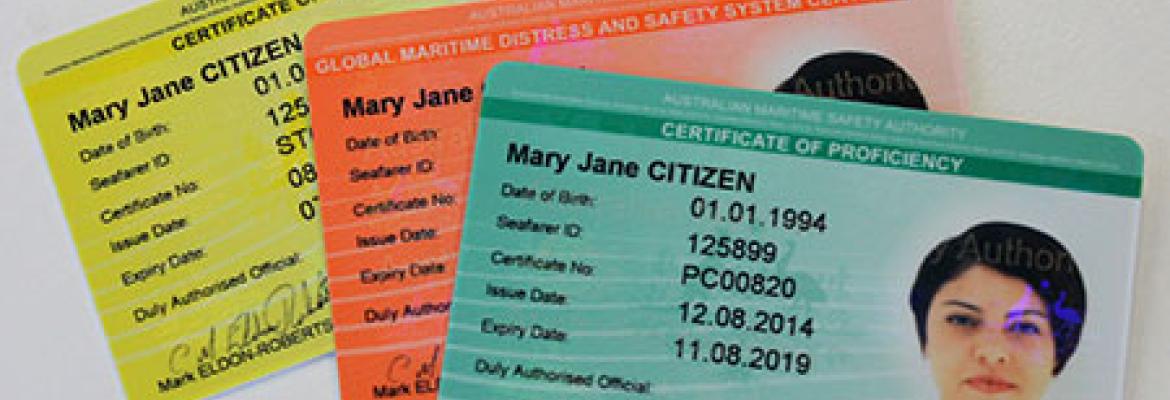
Statistics show that in the vast majority of maritime incidents and accidents the human element is considered as the primary contributing factor. It therefore offers the potential to contribute significantly to improvements to maritime safety.
In this regard, AMSA is actively involved in the International Maritime Organization's (IMO) Sub-Committee on Human Element, Training and Watchkeeping (HTW). This sub-committee is chaired by AMSA's General Manager Navigation Safety and International Division, Brad Groves. The human element is a wide-ranging topic and involves the understanding of humans, specifically their behaviour and performance in various operational contexts. Then, from an operational perspective, apply that human factors knowledge to optimise the fit between people (seafarers, pilots, VTS operators, etc) and the systems (ship, equipment, etc) in which they work (ie the operational internal and external environment), to improve safety and performance.
Following the first session of the IMO Sub-Committee in February, the AMSA delegation identified a need for greater stakeholder engagement on HTW in Australia and consequently created the AMSA HTW Stakeholder Advisory Group. The inaugural workshop for this group was held in Canberra on Thursday 8 May. These biannual workshops, attended by representatives of government and industry, will provide AMSA with the opportunity to obtain feedback on topics of concern in relation to the IMO Sub-Committee.
For example, the sub-committee began a review of passenger ship safety training in light of the Costa Concordia incident. Considering the growing passenger ship industry in Australia, it is in our national interest that AMSA actively engages at the IMO to ensure that the relevant level of training is specified for personnel serving on passenger vessels.
The sub-committee has also made progress in developing draft amendments to update certification and training requirements for officers and crew serving on board ships operating in polar waters. This is of great interest to Australia, especially because this polar operations present significant challenges, as the passenger/research vessel MV Akademik Shokalskiy incident has shown when it got stuck on an ice field in Antarctica in December 2013.
The first workshop covered these topics, as well as:
- the implementation of the 2010 Manila Amendments to the International Convention on Standards of Training, Certification and Watchkeeping for Seafarers (STCW Convention)
- revised guidance for model training course development, updating and validation processes
- Australia's input to the role of the human element and the way forward.
The first meeting was a success with 20 delegates representing various stakeholder groups (ship operators, maritime training institutes, maritime unions, etc) attending the workshop. The workshop was opened by Brad Groves, General Manager, Navigation Safety and International Division, Australian Maritime Safety Authority, who welcomed attendees. Most delegates welcomed AMSA's initiative to create the HTW Advisory Stakeholder Working Group with all delegates indicating that bi-annual workshops are a good way forward. As a first step, it was agreed that AMSA will develop a terms of reference to provide guidance in which the HTW SAWG will operate. It is envisaged that such a group will strengthen Australia's input to the IMO HTW sub-committee meetings.
The second workshop is scheduled for December 2014, with feedback received being incorporated into Australia's brief for the second IMO HTW Sub-Committee session in February 2015.

